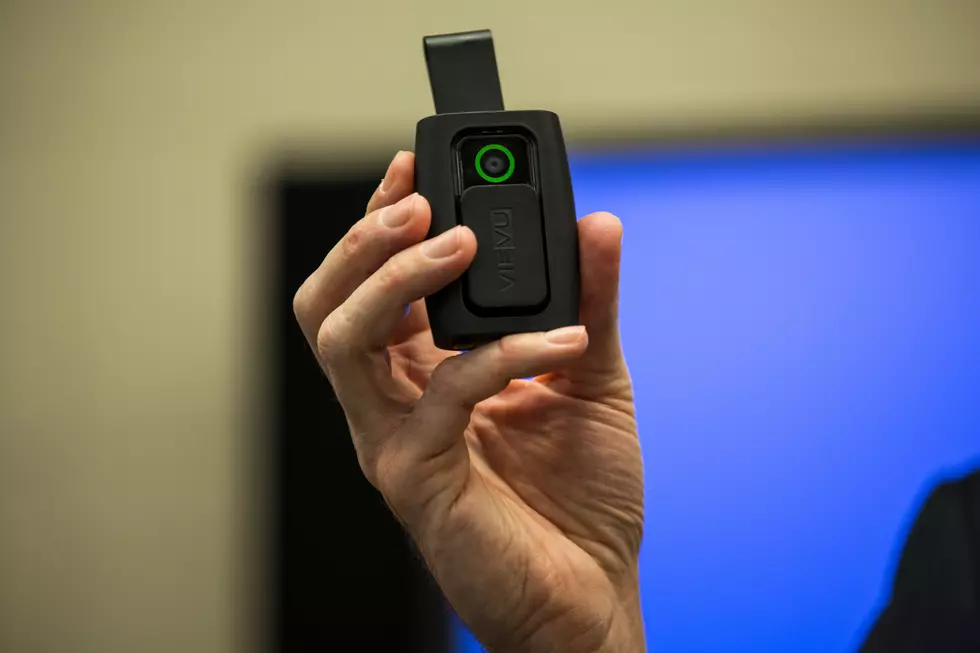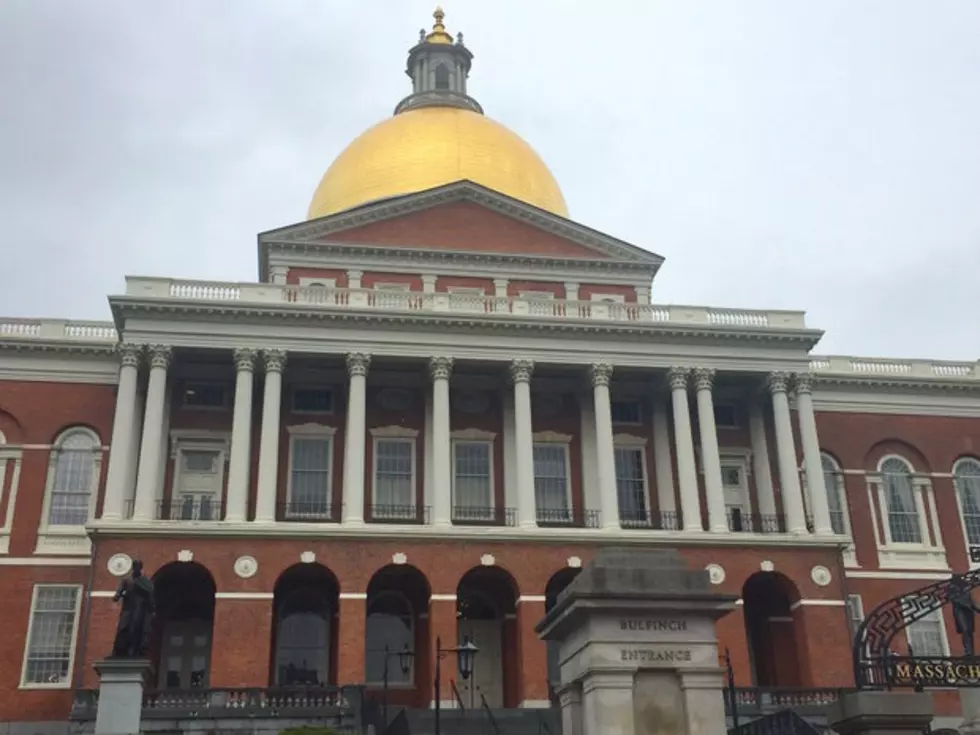
Police Body Cam Proposal Receives Pushback from State Officials
BOSTON — A proposal to develop a statewide code for the use of police body cameras, and to exempt their footage from public record, is meeting pushback from police groups and the state's top records overseer.
Rep. Denise Provost's bill, which had a hearing Thursday before the Public Safety and Homeland Security Committee, would create a task force to "develop regulations establishing a uniform code for the use of body-worn cameras by Massachusetts law enforcement officers, to provide consistency throughout the Commonwealth."
The task force -- whose membership would include lawmakers and other state officials, law enforcement representatives, and members from the NAACP and ACLU -- would develop minimum requirements for procurement and use of body cameras, and for the storage and transfer of their audio and video recordings.
Provost, a Somerville Democrat, said her bill would not require any law enforcement agency to begin using body cameras, but would set uniform rules for those that opt to do so.
"It should not matter where in the state an individual has a police encounter, how any body camera video footage is treated," she told the committee.
Charu Verma of the Massachusetts Bar Association said the association unanimously backs Provost's bill. She said nine Massachusetts law enforcement agencies are now using body cameras in some form -- including programs in Boston and at the State Police -- and the association expects that number to grow.
"As more and more departments across the state start to use body camera technology, the Massachusetts Bar Association feels strongly that a baseline uniform statewide code needs to be developed and implemented," Verma said.
Larry Calderone, vice president of the Boston Police Patrolmen's Association, told the committee he did not think a uniform approach to body cameras would work, given the different populations, crime rates and municipal budgets of various communities.
"I urge you to consider that larger, urban communities differ greatly from smaller, suburban communities," he said.
"Areas such as Boston, Brockton, Chelsea, Worcester and Springfield have different issues and needs with respect to their citizenry, than communities such as Barre, Hadley, or Stockbridge. While all communities strive to protect their citizens and their rights, a one-size-fits all approach to body cameras is not the best answer."
The Massachusetts Coalition of Police also asked the committee to give the bill an unfavorable report.
The bill also contains a section exempting "any recordings made by a body camera, dashboard camera, or any other similar device by a law enforcement officer" from the state's public records law.
On Wednesday, Secretary of State William Galvin wrote to the committee chairs, Rep. Harold Naughton and Sen. Michael Moore, asking them to remove that language from the bill.
Boston Police Patrolmen's Association official Larry Calderone cautioned lawmakers Thursday against a one-size-fits-all approach to body camera regulation.
Galvin called the exemption "completely unwarranted and unacceptable," saying body cameras are intended to create more transparency in law enforcement. He said protections exist in state law to allow sensitive information that may be captured to be withheld - for instance, if it could be used to identify witnesses or victims.
"Allowing police departments to withhold any footage captured on these cameras would interfere with the public's ability to oversee their own government," Galvin said.
"This is an issue of particular importance to minority communities, and withholding videos of police interactions would only breed mistrust. This is an area where we need more transparency, not less."
During the hearing, Provost said she wanted to address concerns about the exemption and told the committee about an incident in Somerville "a few years back," during which a regional SWAT team came to make an arrest early one morning, and entered the wrong apartment while the woman who lived there was getting ready for work.
They handcuffed her and escorted her into the street in her underwear before realizing they were in the wrong place, Provost said. They found the man they were looking for and brought him outside as well, along with two young boys in pajamas who had been in the apartment.
"If that incident had occurred in the age of body cameras, there is no reason why these individuals should have had their images splashed all over the internet in perpetuity, which is the kind of thing we have to realize could happen if there is public records access to these kinds of videos," she said.
Provost said body camera videos "are really meant to be evidence, not public entertainment," and that the identities of victims, witness, minors and bystanders must be protected.
The Reporters Committee for Freedom of the Press issued a statement voicing opposition to the proposed exemption.
"Bodycams and dashcams cannot be effective tools for accountability if the public can never see the images they capture," Bruce Brown, the committee's executive director, said.
Verma, of the Massachusetts Bar Association, said the legislation was developed by a working group that also included Jack McDevitt, the director of Northeastern University's Institute on Race and Justice; Donna Patalano, general counsel at the Suffolk District Attorney's Office; Segun Idowu of the Boston Police Camera Action Team; and Rahsaan Hall of the ACLU of Massachusetts.
Rep. Paul Tucker, a former Salem police chief, asked her if any law enforcement officers were included in the effort. Verma replied that she reached out to her law enforcement contacts, but none had been able to join, and that law enforcement would have multiple seats on the proposed task force.
More From WBSM-AM/AM 1420









